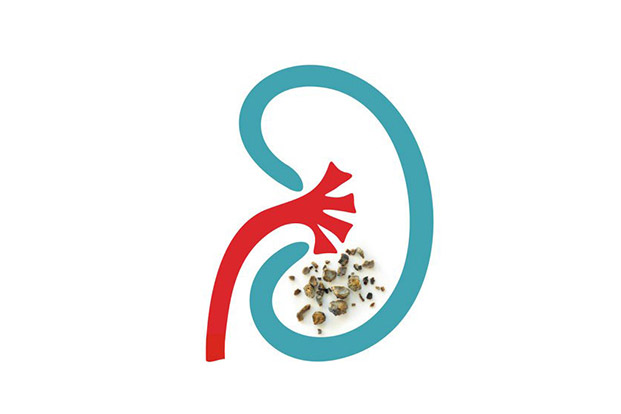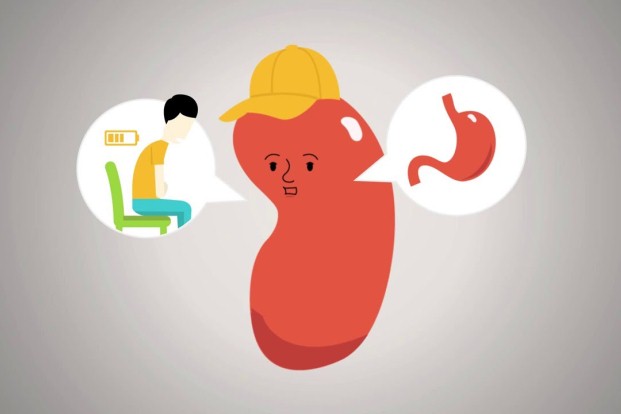How are Kidney Stones treated?
in
Renal Sciences
Apr 19, 2022
Treatment depends on type of stone, the size and the duration since you have had the symptoms. There are different treatments to choose from. It is important to talk to your urologist about what is best for you.

- Wait for the stone to pass by itself
- Medication
- Surgery
- Surgery may be needed to remove a stone from the kidney or ureter if:
- Stone fails to pass
- Pain is too great to wait for the stone to pass
- Stone is affecting the kidney function
- There is recurrent infection
- The patient only has one kidney – Solitary kidney
- The patient has had a renal transplant
- Minimal Invasive Treatment
- URS (Ureteroscopy)
- URS is used to treat stones in the kidney and ureter. URS involves passing a very small telescope called ureteroscope into bladder, up the ureter and into kidney.
- PCNL (Percutaneous Nephrolithotomy)
- Percutaneous Nephrolithotomy is the best treatment for large stones in kidney. PCNL involves making a half iron incision in the back, just large enough to allow a rigid telescope (Nephroscope) to be passed into the kidney where stone is located.
- ESWL (Shock wave Lithotripsy)
- Shock wave Lithotripsy (SWL) is used to treat stone in kidney and ureter. Repeated firing of shock wave on the stone usually cause stone to break into small pieces. These smaller pieces pass out in the urine over a few weeks.
- URS (Ureteroscopy)
- Other Surgeries
- Surgery may be needed to remove a stone from the kidney or ureter if:
Open Laparoscopic or robotic surgery may be used only if all other invasive procedures fail. All treatment modality have some advantages and disadvantages over other. Discuss with your urologist regarding best possible treatment for you because one size not fits for all.




